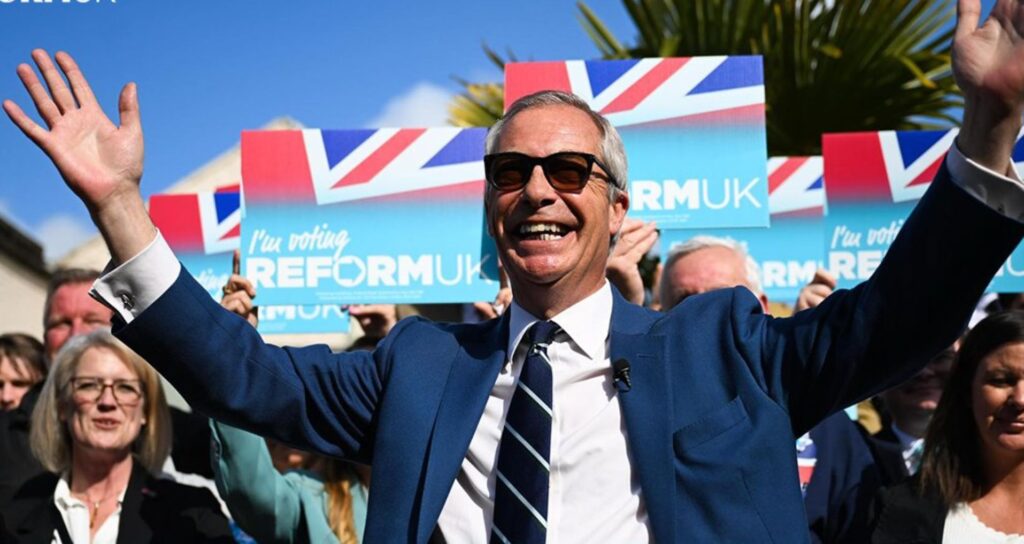It would be a brave, and perhaps foolish, political pundit who would predict that the next Westminster Government will be anything other than a Labour one.
It’s now over two years since Labour took the lead in UK polling and since then they’ve pulled away from the Conservatives with a pace and consistency that would impress F1’s runaway leader Max Verstappen.
The latest poll from Redfield and Wilton shows Labour on 46% and the Tories languishing on 22%, an outcome that would just about wipe the Tories from much of the UK electoral map. Even in the one group of voters where they still lead – the over 65s – the Tories are only three points ahead which is a massive drop from the lead they held in the same group at the 2019 election.
The story in Scotland however is less Max and more Carlos. As in Sainz. Like Sainz’s Ferrari in its occasional duel with Verstappen’s dominant Red Bull, Scottish Labour get close to the SNP and occasionally move slightly ahead but despite strong UK figures, are still unable to shake them off.
Unlike the bold Max, however, the SNP isn’t strong enough to drive off into the distance. So while F1 has become a boring procession, the race for Holyrood in 2026 looks far more competitive and, dare I say it, more interesting.
Malaysia, nine years ago today…
A 17-year-old named Max Verstappen becomes the youngest driver to ever score a point in F1
#F1 @Max33Verstappen pic.twitter.com/Qfgm7r3rqT
— Formula 1 (@F1) March 29, 2024
SNP and Scottish Labour fighting for pole position
Our latest Understanding Business report, which we produce in conjunction with Diffley Partnership, shows that despite a relentless love bombing of Scottish business by leader Anas Sarwar and business spokesperson Daniel Johnson, and a series of woes for the Scottish Government, Labour and the SNP are neck and neck when it comes to support from business.
The SNP takes the lead (32%) when asked who best represents the interests of Scottish business with 29% choosing Labour and the Conservatives lagging at 19%. When asked who has the best business polices, however, Labour is ahead on 31% just ahead of the SNP on 30%.
Confused? Well, the reality is it makes perfect sense. The SNP clearly should be seen as Scottish business cheerleaders as they control the Scottish Government. Our survey shows that the Scottish Government (29%) also remains ahead of the UK Government (22%) in terms of being seen to take action to address business concerns in Scotland though neither of those figures are anything to crow about.
While that may encourage the SNP, their actual policies are proving less popular hence Labour’s slim lead. When asked about recent changes to personal taxation in Scotland, almost one-third (31%) felt the current position made their business less competitive than equivalents in England and Wales.
And 43% said reduced taxation would be best to boost growth, with 38% saying reducing business rates would be helpful.





